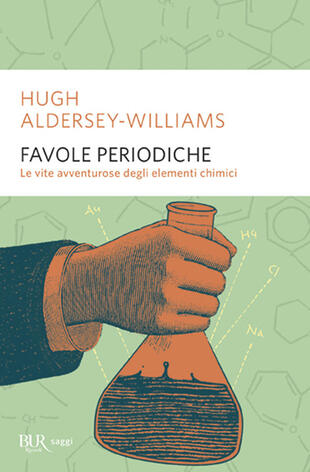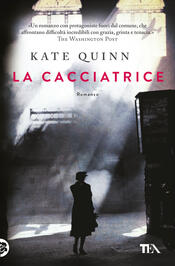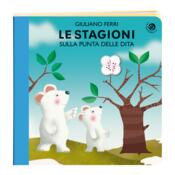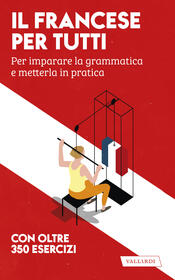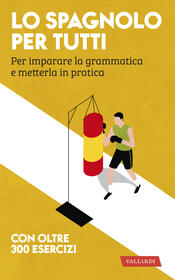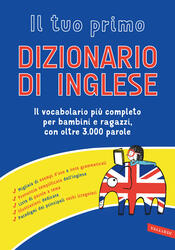Favole periodiche. La vita avventurosa degli elementi chimici
Acquistalo
Sinossi
La chimica può essere appassionante? Sì, e proprio a partire dall'argomento a prima vista più arido, la tavola periodica. Grazie alla brillante vena narrativa di Hugh Aldersey-Williams, gli elementi chimici prendono vita davanti ai nostri occhi. Attraverso letteratura, storia, geografia, geologia, astronomia, economia, religione, l'autore spiega perché il piombo veniva utilizzato nei sarcofagi per impedire che l'anima sfuggisse; ci racconta che il neon è stato usato per la prima volta a scopi pubblicitari nel 1913 per colorare di rosso la pubblicità del Cinzano; indaga le storie di chimici e alchimisti che hanno classificato, scomposto e sperimentato, spesso sulla propria pelle, gli elementi della realtà circostante.
- ISBN:
- Casa Editrice:
- Pagine: 584
- Data di uscita: 16-05-2012
Recensioni
Updated 6/29/13 - see link at bottom This book is one of the reasons people will occasionally look at you, slack-jawed, and say “How did you know that?” There are a few greater feelings in life, but not many. A-W picks a few dozen of the 118 known elements and tells us a bit about them, offering stor Leggi tutto
This is a book about science for people that are not scientists. To pick this up you need to enjoy history and cultural connections in addition to chemistry. Periodic Tales could have been a painfully dull exercise but was anything but. Aldersey-Williams begins with a little discussion of his own ch Leggi tutto
Внимание, рядко интересна и полезна книга! Категорична оценка 5 от 5 в Goodreads. "Периодични истории" не е просто книга за откриването на химичните елементи. В нея няма да срещнем сложни или скучни обяснения, каквито вероятно си спомняте от ученическите години. Книгата ни разкрива историята, географ Leggi tutto
The author goes off in too many directions with his story-telling for me to want to stick to reading his book. I read over a hundred pages and can't seem to find it interesting due to how the author goes about writing it. From memories of gathering as many elements of the periodic table during his c Leggi tutto
This wasn't quite as engaging to me as the blurb and the reviews quoted on the cover suggests -- in fact, it started to feel rather meandering -- but it is quite an interesting read, covering both the scientific history of elements, how and when they were discovered, and the social histories, why th Leggi tutto
Was Napoleon murdered by arsenic poisoning on St. Helena? Probably not, though a significant amount of it was later found in his body – arsenic was widely used during the nineteenth century to make a vivid green color, and was frequently found in common household items such as wallpaper. Was there a Leggi tutto
I should have taken "cultural history" more literally. This was not a science book, or even much of a science history book, and I came away feeling like I hadn't learned anything inspiring.. However, if you're more interested in how people have felt about precious and useful metals, without the deta Leggi tutto
A disappointment. I picked this up thinking it might be weirdly informative and entertaining, like Bill Bryson's wonderfully entertaining science history "A Short History of Nearly Everything." But in the end I found almost all the anecdotes lifeless and pointless. Ultimately I gave up and put it ba Leggi tutto
Citazioni
Al momento non ci sono citazioni, inserisci tu la prima!
